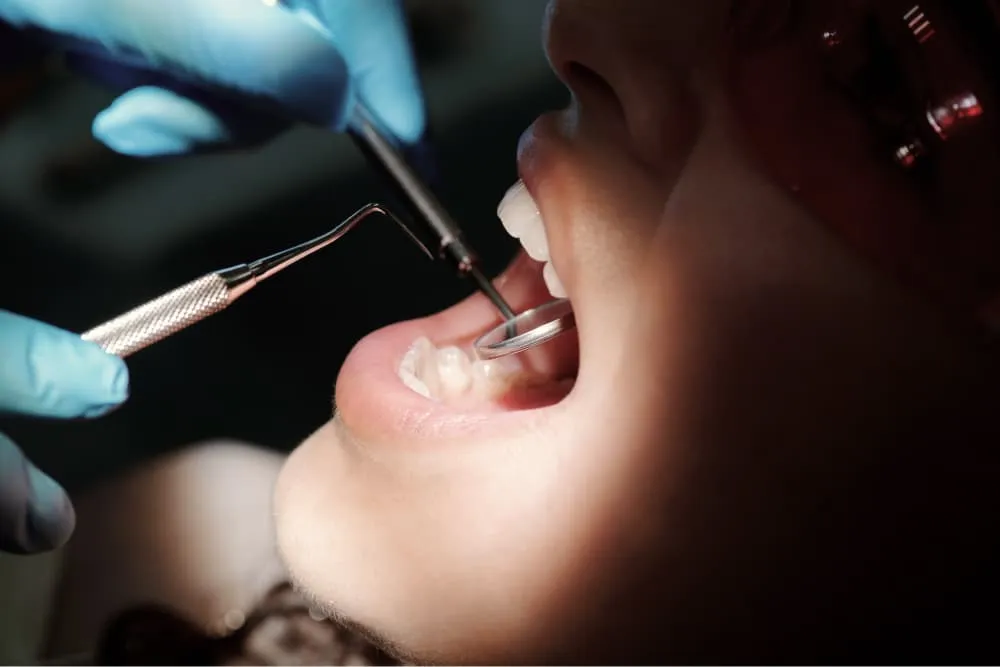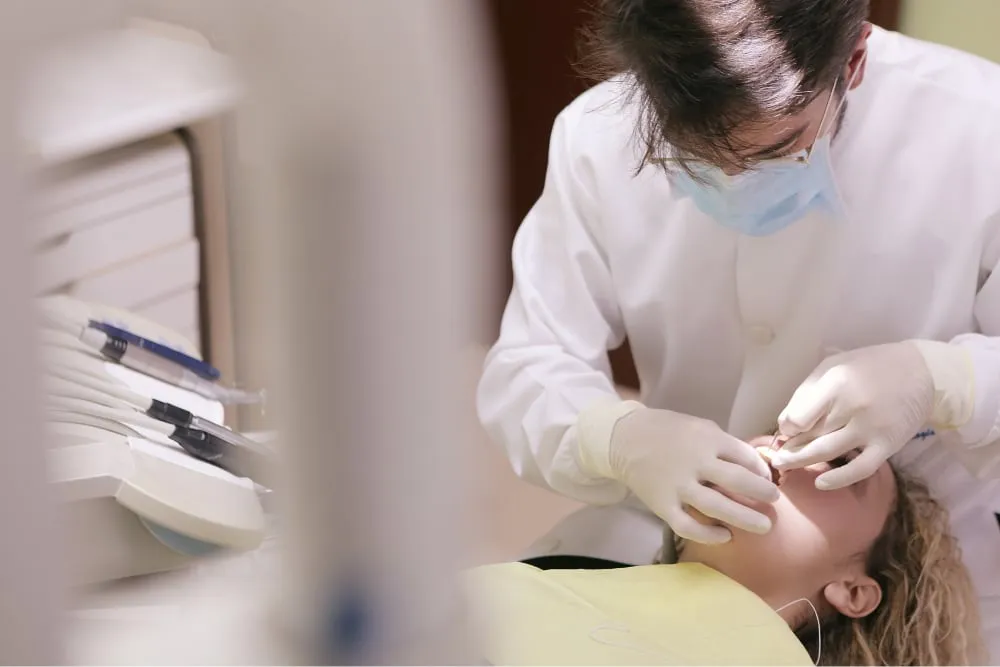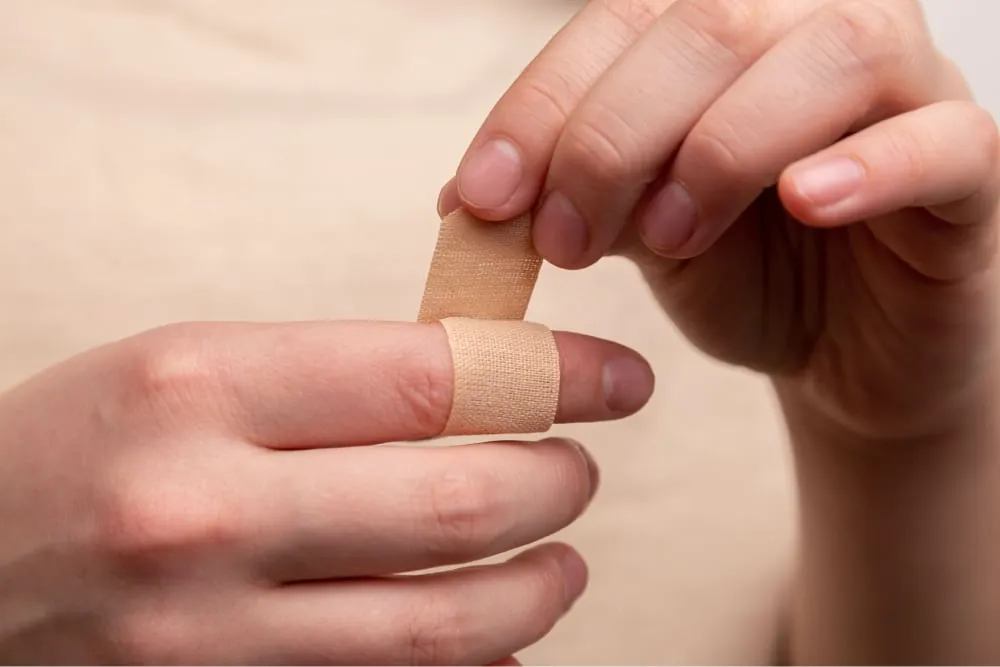Where do the blood vessels break in those with bulimia?
Repeated purging due to bulimia may cause blood vessels in the eyes, eyelids, and surrounding tissue on the face to break. Bulimia broken blood vessels may also occur on the neck.
These show up as very small dots on the skin surrounding the entire eye. These dots are irregular and cannot be felt as a raised area on the skin. They are purplish in color. (1)
Other side effects specific to purging
Purging may seem like it’s over once the bout is finished, but that’s when the side effects start.
Here’s are some problems that can happen as a result: (2)
- Feeling faint – this is from the loss of electrolytes
- Tooth decay – this results from the regurgitated stomach acids that contact the teeth
- Nutritional deficiencies – because the foods eaten never make it to the internal organs
- Dehydration – because water is one of the fluids used in the process of regurgitation
- GERD – this is also known as acid reflux
- Throat swelling – from the actual purging process
- Facial swelling – from the actual purging process
- Mood swings – from the rapid change of the body’s nervous system from sympathetic fight or flight to parasympathetic (back to normal) and nutritional deficits
- Irregular heartbeat – from electrolyte imbalances
- Other heart problems – from electrolyte and mineral imbalances
- Complications if you become pregnant
What type of recovery times can be expected?
Recovery times of each of these side effects varies. Below is an average estimate of how long recovery is expected to take:
Broken blood vessels
Broken blood vessels from bulimia generally recover in 2-3 weeks. However, this may take longer if there is not enough protein or vitamin C consumption, because collagen and vitamin C are needed to produce new blood vessels.
Feeling faint
You can recover from feeling faint in 1-2 days, if electrolyte replacement formula is used, or you can experience immediate recovery if taken to an emergency room for treatment.
Tooth decay
To date, it is exceptionally difficult to regenerate enamel on the teeth. It’s the enamel that suffers erosion after purging. Because of this, teeth must be bonded with new polymers or veneers added. This is a very costly process, up to $15,000. However, new advancements in science using stem cells may bring better results. (3)
Nutritional deficiencies
It takes months for nutritional deficiencies to return to normal levels. Intravenous treatments, which are expensive, may be needed, but they do not include all nutrients. Expect a turnaround time of 12 to 24 months for all levels to return to normal, with blood and hair test monitoring to confirm they are normal. Monthly costs could be $300 for supplements and another $200 for testing.
Dehydration
If taken to the emergency room, dehydration will be taken care of with oral or IV replacement fluids.
Gastroesophageal reflux disease (GERD)
With correct treatment protocols, it may take 6 to 8 weeks to recover. But GERD could continue for years without the proper diagnosis and treatment.
Throat and Facial swelling
Recovery from both throat and facial swelling caused by bulimia nervosa generally clear up in 2-4 weeks.
Mood swings
Recovery from mood swings can greatly vary. If mood swings are due to the nutrient deficiencies – B vitamins, vitamin D3, vitamin C, calcium, magnesium, and amino acids, it will take 2 to 3 months to stop them, if the correct supplements are taken. However, this is assuming that purging has stopped and there have been no relapses.
Irregular heartbeat
Since an irregular heartbeat occurs from electrolyte imbalances, it can be eliminated in the emergency room with the proper treatment of electrolytes.
Other heart problems
Other heart problems can range in how long they take to recover, depending on the severity. The whole heart may need specialized treatment, which should result in progress within three months. Without treatment, heart medication may be necessary.
Treatment for purging eating disorders
Treatment for purging eating disorders, like bulimia nervosa, must include highly specialized medical, nutritional, and psychiatric protocols simultaneously to address all facets of this very complex eating disorder. But recovery from bulimia is possible. And the very first step of recovery is to seek help.

































